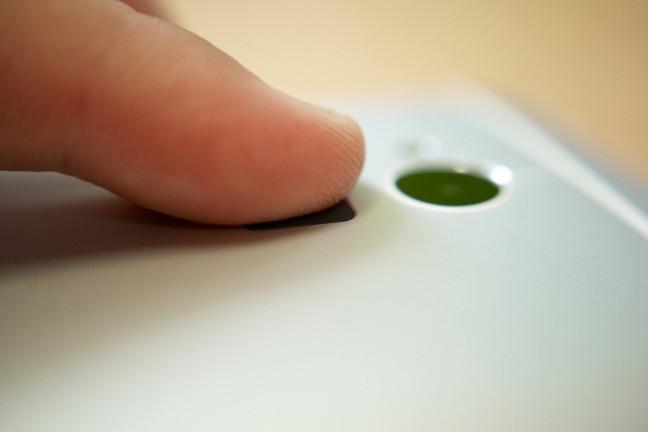Increasing public concerns about privacy and the possibility of government surveillance have prompted legislation to prohibit Wisconsin school district’s collection of biometric samples from their students.
The Assembly Committee on Education approved a bill Thursday morning introduced by Rep. Thomas Larson, R-Colfax, and cosponsored by Sen. Glenn Grothman, R-West Bend, that would prevent school district officials from collecting biological information including fingerprints and retinal images from students.
“It’s become a recognized issue nationally,” Rep. Steve Kestell, R-Elkhart Lake, said. “Particularly in view of what’s happened with some of the technological advances and the way the government has decided to use that technology.”
Rep. Mandy Wright, D-Wausau, said she was concerned about the effect the bill could have on school district efforts to combat disorders like depression and suicidal tendencies.
Social workers currently work with school districts to use biological tools to diagnose and treat mental illnesses.
“This bill, I’m afraid, will hold the hands of some of our school district administrators and health workers in terms of addressing mental health,” Wright said.
Kestell said the legislation’s language was developed along with input from the Wisconsin Association of School Boards, so it is unlikely their work would be hindered by the bill.
The bill is general enough to provide protection for students and allow school districts to function normally and safely, Kestell said.
Democrats replied, saying most schools districts cannot afford the technology to collect and store biometric data in the first place. School districts are also often opposed to general policy decisions made by the state government, Wright said.
“In talking to leadership in school districts across the state, I hear over and over again, ‘No more unfunded mandates,'” Wright said. “I am afraid that this is another one.”
Democrats also claimed the bill could prevent students from taking advantage of continuously-advancing technology.
If signed into law, there could be implications for technologies such as fingerprint scanners to unlock cell phones or other mobile devices, according to Wright.
“My take is that we’re handcuffing technology long before we even know what it is capable of doing,” Rep. Sandy Pope, D-Cross Plains, said. “It’s more hoops to jump through for reasons we don’t really understand. I’m frustrated by this.”
[Photo by Flickr user Janitors]













